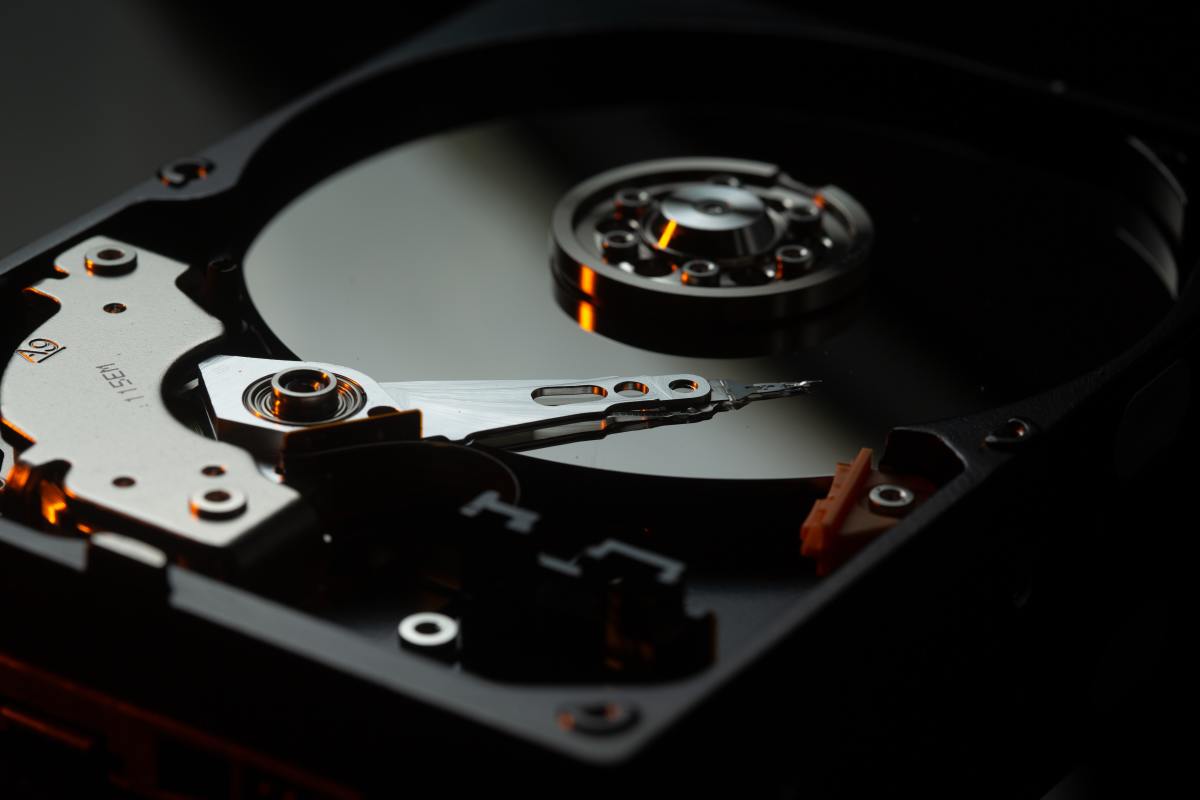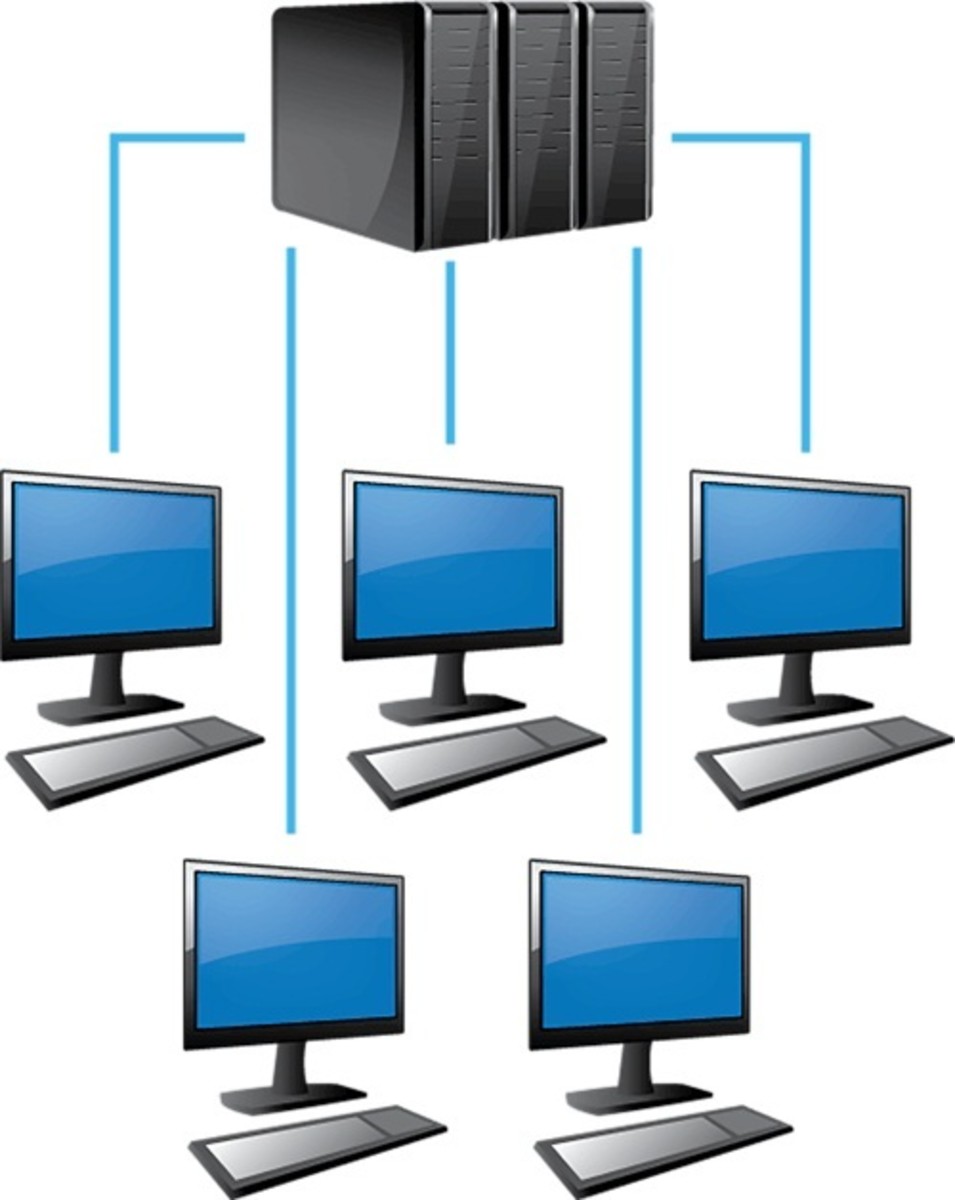Advantages of Notebook Computers

Advantages of Notebook Computers
Notebook computers have been around us for quite a while. The first notebook computers have been created in the eighties, and the concept has evolved quickly to the type of notebook computers we have nowadays.
For a long time, however, traditional desktop computers have been the winners in the attention and number of units sold in the industry. The reason for this is that desktop computers have always been able to store more capacity and processing power.
For example, in the early days of the notebooks, it was pretty hard to achieve at least a half of the capacity stored in a desktop computers, since hard drives were so big compared to modern standards.
Another area where notebook computers have lagged behind desktops for a long time was the main processor. A processor in a desktop computer is able to drag more energy, and therefore can run at faster clock speeds. Notebook computers had to live with this reality, because it was so difficult to achieve the same speed.
Technological Advantages of Notebook Computers
A lot of this has changed in the last years, and notebooks are nowadays almost so fast and efficient compared to desktop computers.
One of the reasons for this is the fast advance of hard drives. It is now possible to store the same amount of information in even smaller hard drives. One of the reasons for this was the increase in popularity of devices such as the iPod, which comes standard with a large hard drive.
Notebooks can use very small and efficient hard drives to achieve roughly the same capacity per dollar as their competitors in the desktop arena. That said, people tend to look at notebooks as more viable.
Another thing that has improved a lot in the last years is the capacity of solid state memories. A solid state memory can hold amount of memory comparable to hard drives. For example, 256 Gigabytes is nowadays a possible size for a solid state drive, and it is comparable to what hard drives can store.
Since solid state memory is more reliable than hard drives, it is really nice that we have this option, because notebooks are more subject to shocks than desktop computers.
Main Processing Power of Notebooks
Another area where notebooks have improved in the last few years is in the main processing unit. The CPUs used on notebooks are nowadays very efficient, and close to what you can get in a desktop.
The reason for this is that CPUs are not designed the same way they were ten years ago. It is well know that increasing the clock speed of current CPUs will increase the amount of energy and the heat generated by CPUs. To avoid this problem, current processor designers are more interested in packing more CPUs into the same space, rather than providing increased clock speeds.
This means that even small devices can have a processor that is comparable to a desktop. The only difference might be in the number of available CPUs in the same processor.
This is a great advantage for notebooks. Considering that you can also get a lot more done with a mobile unit such as a notebook, it is not a surprise that they are selling more and more these days. I believe that in the future we will have many more notebooks than desktop computers, for these reasons.









